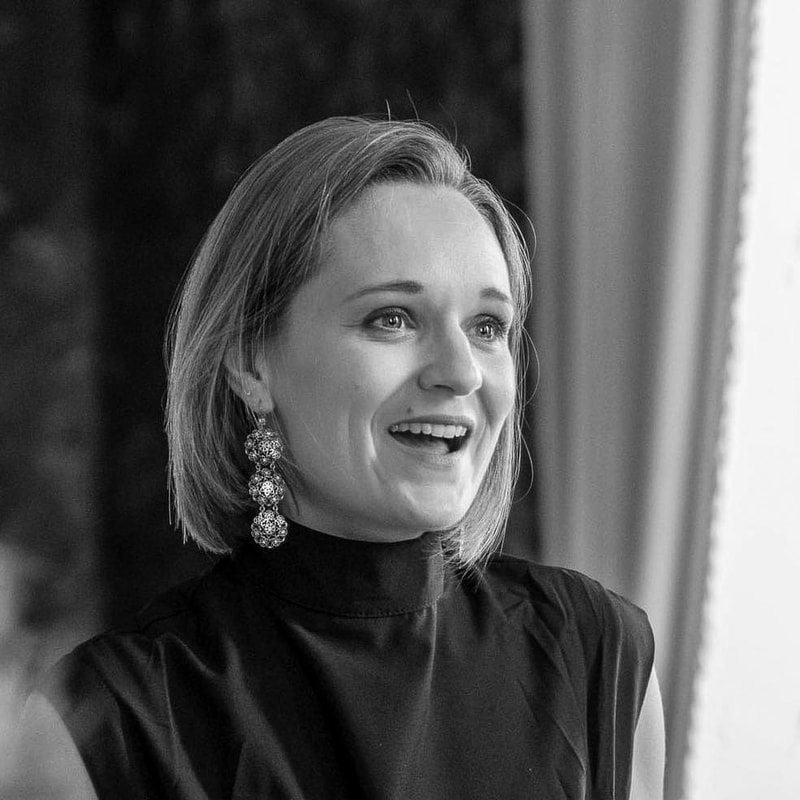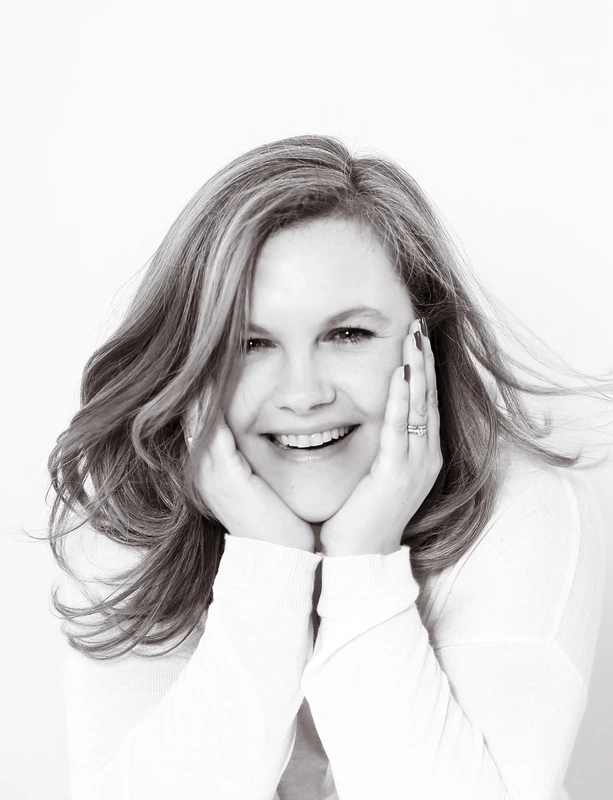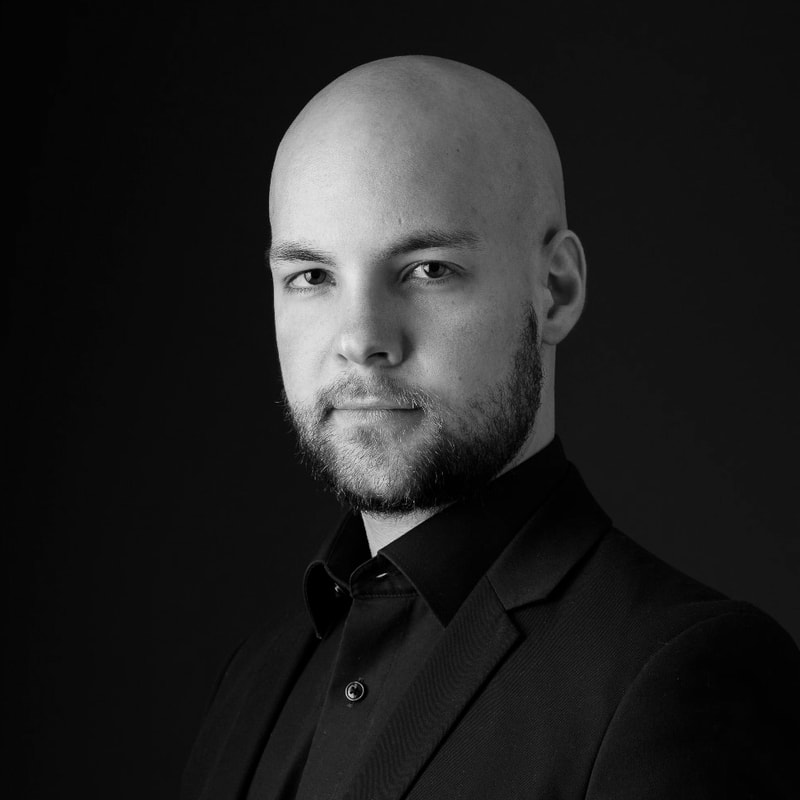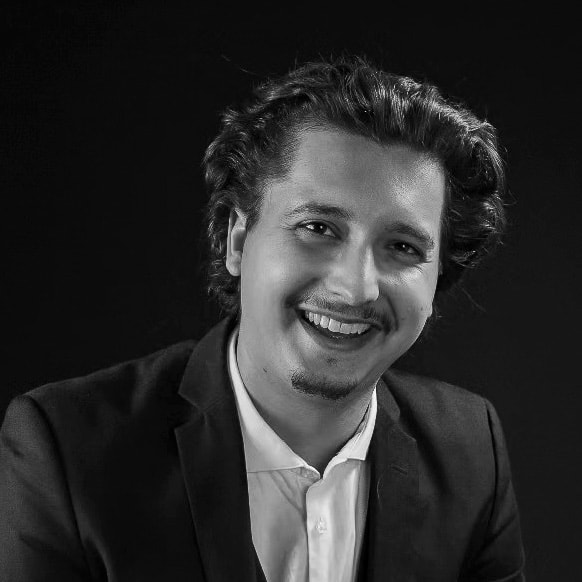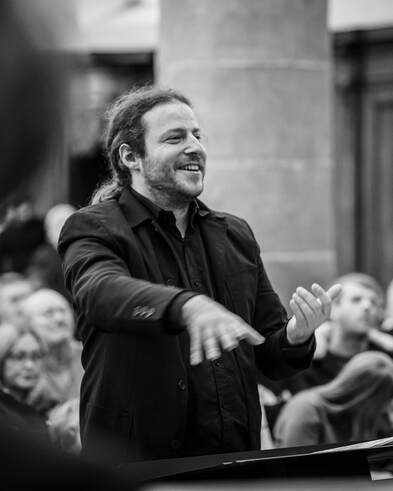MIDSUMMER MOZARTIADE
MISSA BREVIS
Tegenwoordig betekent het uitvoeren van gewijde muziek op het podium vaak het aanpakken van een grandioos oratorium, zoals het Requiem van Verdi, de Missa Solemnis van Beethoven of het Stabat Mater van Dvořák, waarbij indrukwekkende krachten worden samengebracht. Dit concert daarentegen concentreert zich op meer intieme oratoria, zowel qua lengte als qua aantal uitvoerders, en biedt een eerder kamermuzikale sfeer. Deze korte missen waren erg populair in de tweede helft van de 18e eeuw. Hier worden er drie gepresenteerd, geschreven door Mozart en Haydn rond 1770. Ook op het programma staat een vierde, een nieuwe compositie van Fabian Fiorini, die een hedendaagse toets geeft aan deze emotioneel rijke gecondenseerde vorm. Kortom, dit concert nodigt muziekliefhebbers van alle achtergronden uit tot spirituele reflectie, esthetische waardering en een diepere verbinding met de tijdloze traditie van gewijde muziek.
|
Mozart Missa brevis in D klein KV 65
Haydn Missa sancti Johannes de Deo Hob XXII:7 Fabian Fiorini Missa brevis (wereldpremière) Mozart Missa brevis in Bes groot KV 275 Muzikale leiding Gabriel Hollander Sopraan Clara Inglese Alt Julie Bailly Tenor Maxime Jermann Bas Leander Carlier Violen 1 Noémi Tiercet, An-Sofie Perneel, à confirmer Violen 2 à confirmer Cello's à confirmer Contrabas à confirmer |
|
Een woordje van de dirigent
In zekere zin is dit concert geïnspireerd door mijn grootvader. Hij was degene die me als kind liet kennismaken met de cantates en oratoria van Bach. Ik heb er dierbare, vrolijke herinneringen aan. Ten tweede voel ik me, ook al ben ik opgegroeid in een niet-katholiek gezin, nog steeds aangetrokken tot gewijde muziek. Samen met opera is het de stijl die voor mij de meeste waarden samenbrengt: de schoonheid van de muziek, het verhaal dat door de tekst wordt gedragen, de spiritualiteit van de ervaring. Dit project voor een concert rond meerdere ‘Missae breves’ begon enigszins toevallig toen ik Mozarts Mis in D klein uitvoerde tijdens een kamermuziekfestival op het conservatorium. Ik werd verliefd op deze 'korte' structuur waarin de hele tekst (en dus het hele verhaal van de mis) in korte tijd wordt weergegeven, met behoud van de opvallende muzikale elementen (fuga's, solo's, contrapunten). Daarom wilde ik dit repertoire verder verkennen en het ‘up-to-date’ brengen met een speciale opdracht voor deze gelegenheid. Bovendien maakt dit programma van korte missen deel uit van een breder opnameproject dat gepland staat voor het najaar van 2024. Dat is iets om naar uit te kijken! Gabriel Hollander |
